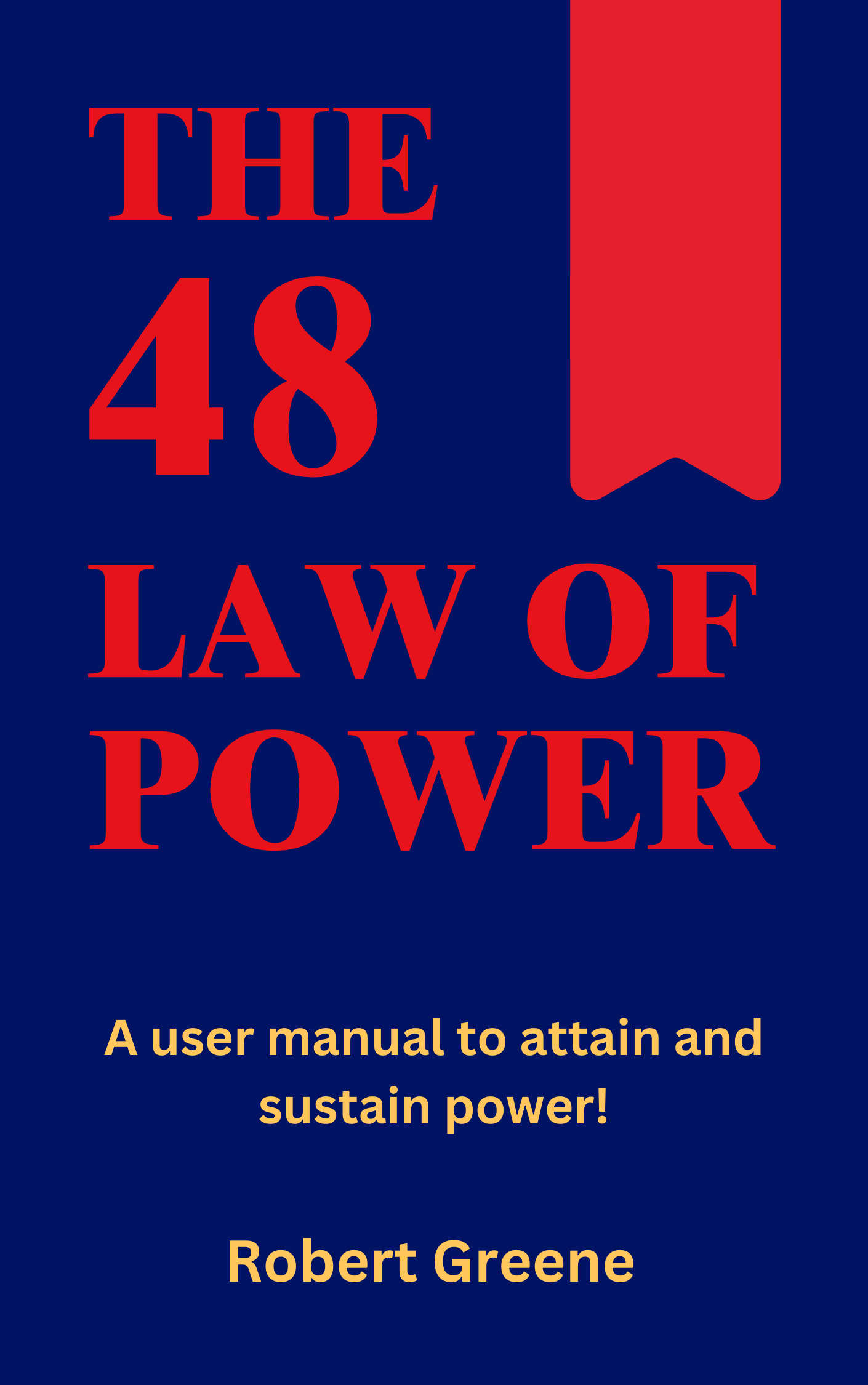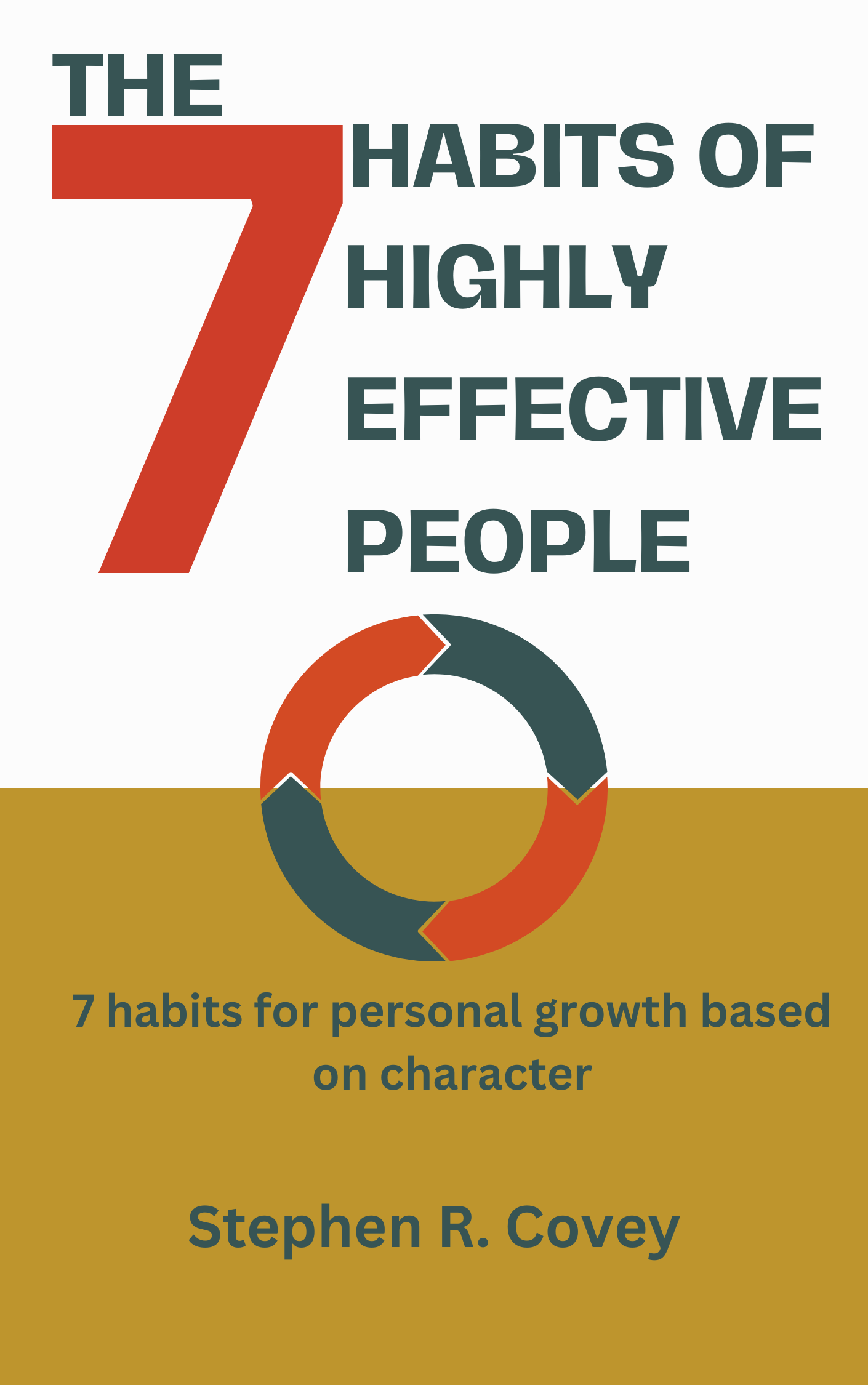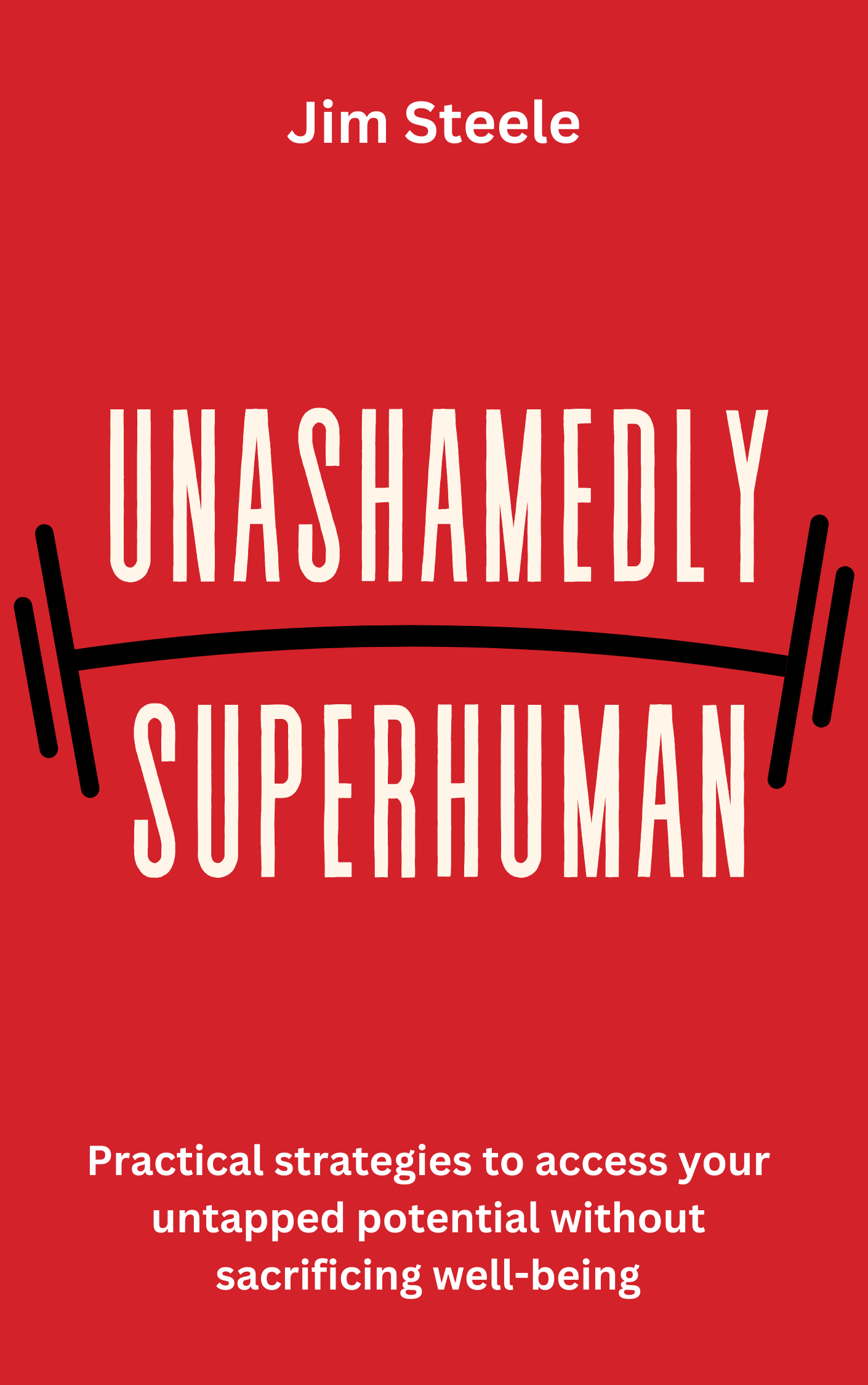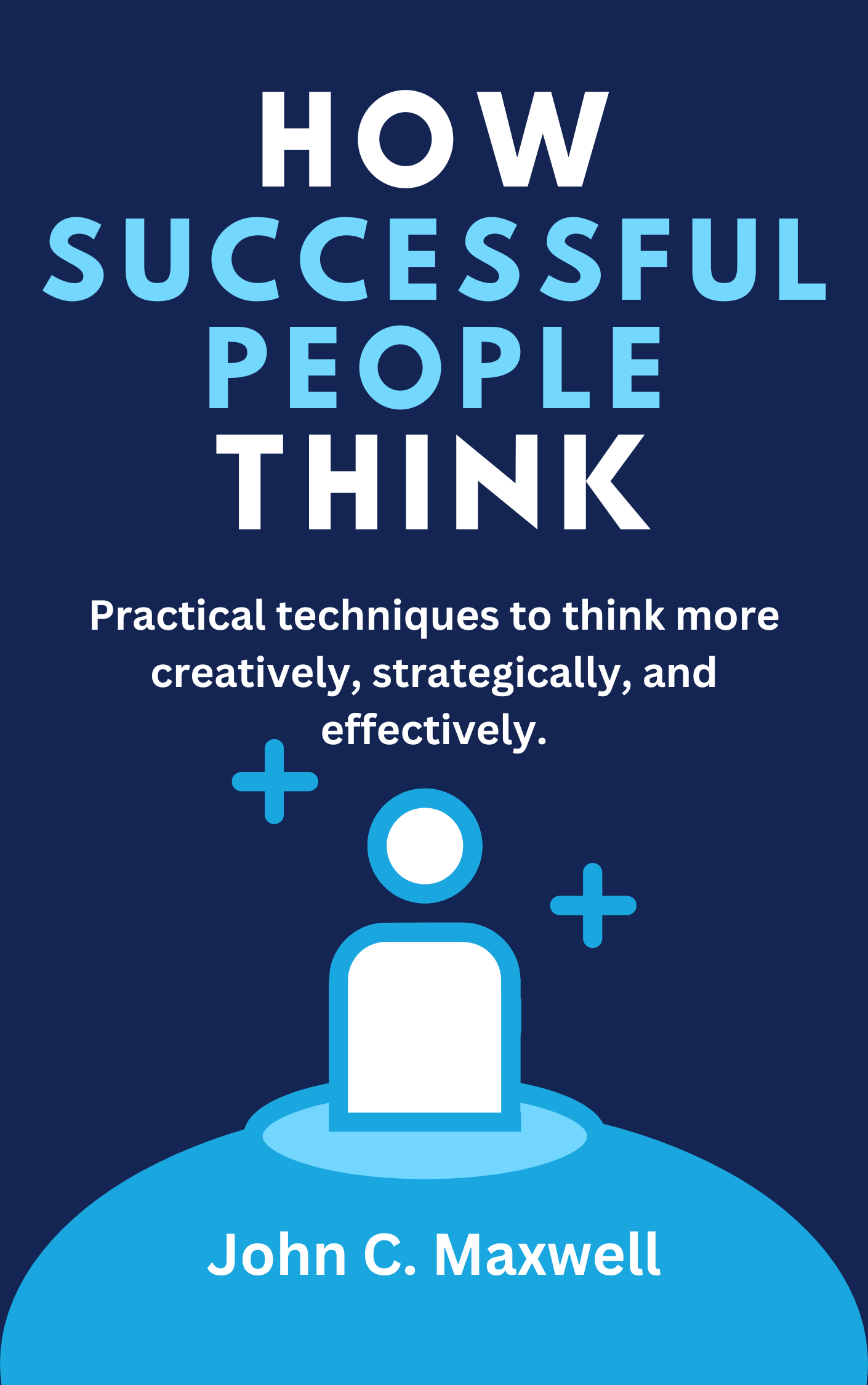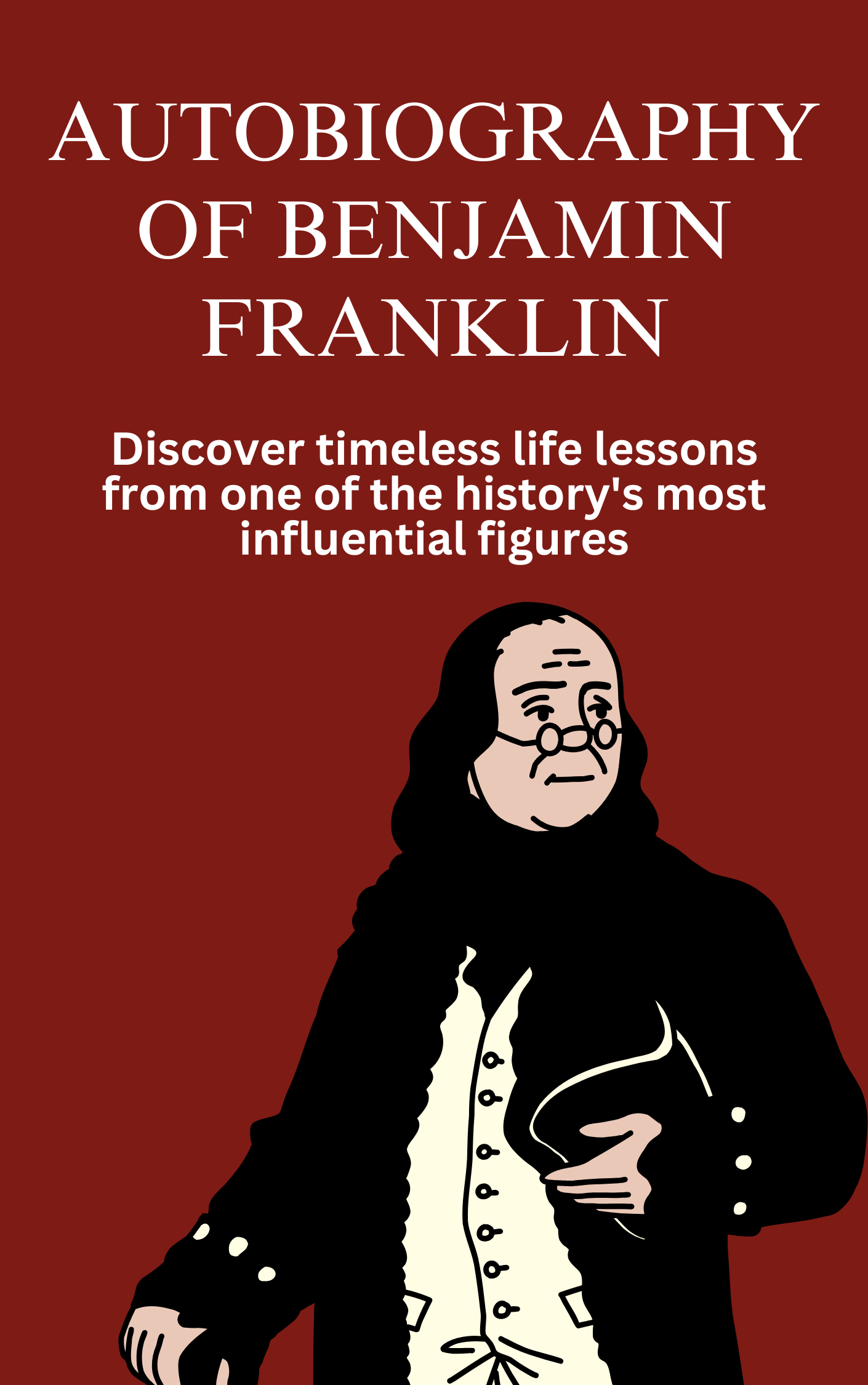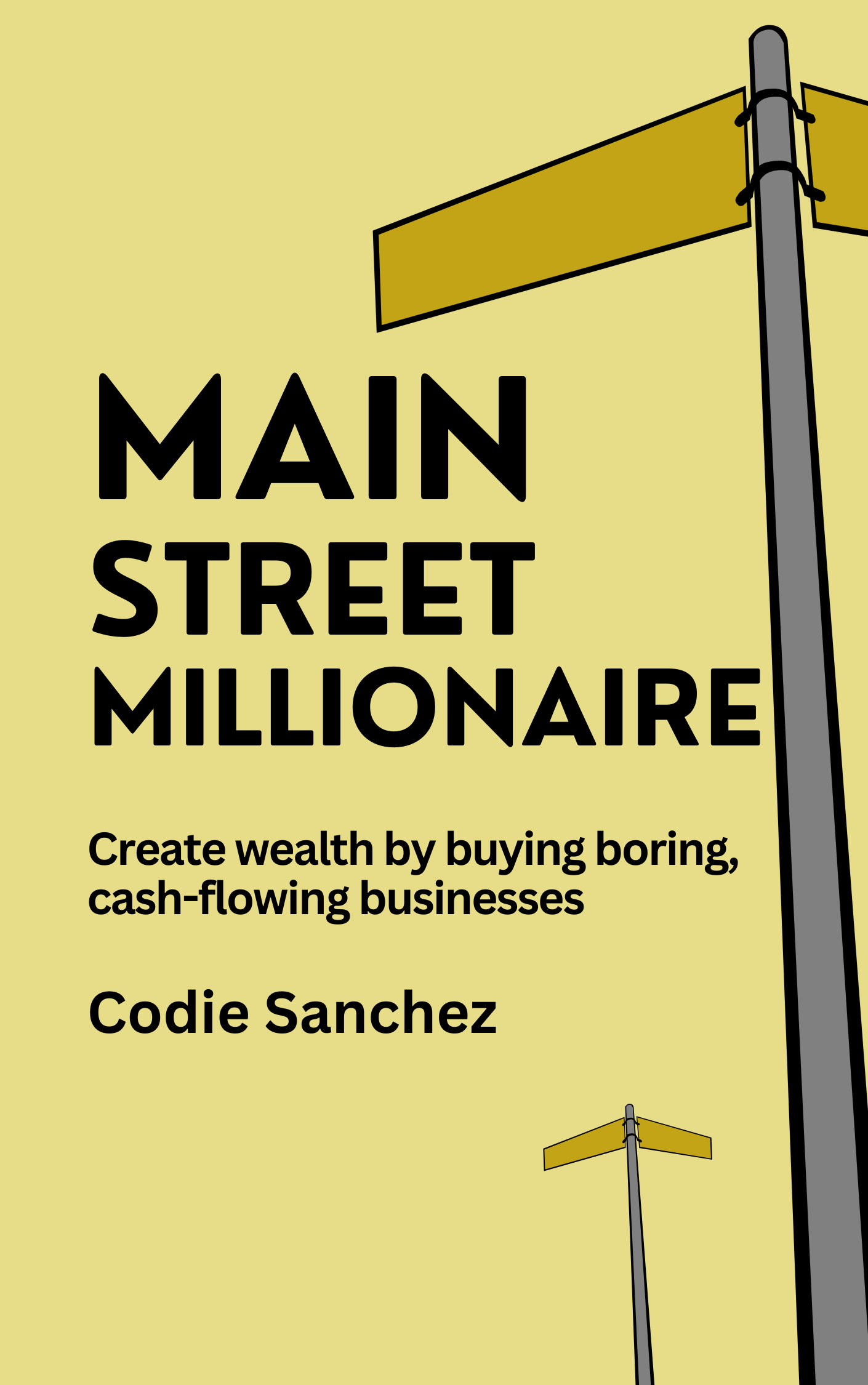Introduction
The desire to acquire and assert power is an inbuilt trait in mankind! Most of us wish for a certain degree of control in our personal and professional environments and participate in power dynamics. Whether we want to accept it or not, the need to feel powerful can’t be dismissed as a relic of our history. We still continue to crave a certain degree of influence over our peers and even loved ones. The methods - tyrannical, scheming and evil at some times but increasingly subtle at others are still much the same. And you can become a master of this game as well! Learn to forge your way through the corridors of power - corporate, politics or the arts.
The 48 Laws of Power is a look at the history of power dynamics in the world and distils 3000 years of wisdom from notable powerful people like Louis The Great, Alexander The Great, and other influential personalities. The book is packed with thoughtful insights into the acquisition of power, how to maintain it and more importantly, how to protect yourself from power.
The 48 Laws of Power by Robert Greene is a New York Times bestseller. Greene is a renowned public speaker with expertise in topics like seduction, power and strategy. In this summary, we discuss 13 of the 48 laws given in the book and discover how dark and sometimes bright secrets of power will completely change your power dynamics with others.Outperform your boss, or not?
We fall prey to this idea pretty early in our careers and learn the hard way... Do not outperform your manager! Simple. See power is about exerting influence over juniors/subordinates, relishing a power trip, and the compulsion to feel important. But, manipulating power dynamics in your favour may take attention away from a superior who, incensed, jealous & seeing you as a threat to their position, might even end up firing you or hurting you in any other way just because they as your boss can! You can’t move up through the corridors of power if you’re kicked out of the corridor right? And don’t try to over impress them either
Sounds familiar with the present-day corporate saga? To illustrate the point, let's take you on a ride through the power-hungry domains of the French court. King Louis XIV of France, or Louis the Great was known for his 72-year-long reign and was seen as the symbol of absolute monarchy in the 17th century.
It so happened that the prime minister of the time died. The finance minister, Nicholas Fouquet, had his eyes set on the prestigious position. He threw an extravagant party in a luxuriant chateau to flaunt his connections in front of the king. However, Louis the Great didn't appreciate the move and felt being overshadowed by the exhibition of opulence. An order for the arrest of the Finance Minister came the very next day. Needless to say, the once popular Finance Minister spent his remaining life in jail. Sounds a bit dramatic? That's the first lesson of power dynamics for you - do not outshine your boss!
Humbleness will go a long way. Let's see what works in your favour instead. Well, taking all the attention towards that damn senior definitely works in your favour. Consider this strategy next time to impress your superior and see how it works in your favour in the end.
Keep your enemies closer than your friends and take credit for everything!
Know When to Pick Your Battles and Avoid Arguments
When facing a formidable foe, is it better to stand and fight or surrender to their might? Our gut instinct shouts to protect ourselves at all costs against aggression. Yet Greene argues surrender can empower us more than sacrifices for hollow victories - and that’s our next law.
Heard of the writer Bertolt Brecht? Having fled Europe for America with other communist intellectuals during WWII, Brecht was brought before Congress alongside radical peers suspected of communism influence in Hollywood. While his defiant friends caused a ruckus challenging Congressional authority, Brecht cooperated fully. Was his calm surrender an act of weakness or wisdom? Brecht was freed by intrigued officials who even offered to assist his immigration status. His aggressive allies however were blacklisted and silenced for years. Surrender convinced the enemy Brecht was no longer a threat, preventing further damage. It also let their guard down, giving him a chance to quietly regain strength. Should we not use surrender as a strategic tool to enable long-term growth rather than short-lived glory through major sacrifices?
Now, how do you take this upper hand? Never by argument! In our next law, Greene gets very specific when he says that winning debates against people is often fruitless and if they’re powerful, it can even be dangerous. Consider the Roman engineer who was trying to convince soldiers a smaller ship mast would work better to batter down walls, yet was whipped to death because he was countering the man-in-charge. Would it not have been wiser to prove his point through action? You know who's a good example of this? Architect Sir Christopher Wren; commissioned for a town hall with the mayor demanding unnecessary extra columns because he was afraid the building won't be stable. Rather than having a heated debate, Wren cleverly installed the columns so they did not actually touch the ceiling or support anything. Years later when the columns were discovered useless, Wren’s original design was proven sound and the columns removed.
So that's how you win small clever victories behind the scenes! Moving on to our next set of mildly unsettling laws.
What Deioces and Chuko Liang Teach Us
A basic rule of power is that too much availability breeds disinterest, whether in love or politics. Greene uses the example of Deioces, who eagerly offered to mediate disputes in the city of Medea in ancient Iran where he was admired for his skill. Yet the more available he made himself, the more people took him for granted. Deioces failed to make himself unavailable during the peak of his popularity. The Laws of Power argue only disappearance can make people remember your value. Realizing his mistake, Deioces strategically retired to the countryside, allowing chaos to return to Medea. Soon the desperate people begged Deioces to become their ruler, which he agreed to on the condition a fortified palace with bodyguards be built, shielding his availability. By cleverly making himself scarce then indispensable again, Deioces successfully ruled Medea for 53 years.
So, too much servicing will backfire! Know what else often backfires? Force! Forcing people to do something, instead of getting them to do it willingly. And that brings us to our second law of power in this key concept
Greene is strictly against using force or coercion even when easiest. Because that'll just breed resentment and resistance. The great Chinese strategist Chuko Liang knew this when he avoided exhausting his people attacking the enemy King Menghuo despite having a good chance of winning. When Menghuo attacked, Liang captured him and his army but separated Menghuo from the soldiers. Rather than punish him, Liang offered Menghuo lavish food and wine, then released the soldiers telling Menghuo he’d only release him if Menghuo promised to bow to the Chinese king when caught again, which Liang ensured happened multiple times, treating Menghuo well. As Menghuo’s gratitude and indebtedness grew with each release, he finally surrendered himself and his kingdom willingly on the 7th capture out of sheer gratitude rather than being forced. Seduction of the mind! Works wonders!
That’s not where the brain games end! Greene still has some tricks.
Distract and Disorient
Standing out is essential! Everything is judged by appearance, say what you will. If you plan on controlling anything at all, you must seem larger than life. Be the talk of the town. Invite drama, even notoriety if necessary. Better slandered than ignored, better infamous than forgotten. To be discussed in a power statement in itself! That’s one law. Our next law - keep your hidden motives close, reveal just enough to draw others into your aura trying to discern your next step. So, once you get them staring and glaring, then weaponize their attention with unpredictability that throws them off-balance. Let us explain.
People dislike sudden change, so acting erratically keeps opponents off balance. Monitoring your patterns, they seek to preempt your moves through understanding. Yet defying expectations intimidates and unnerves.
The 1972 epic chess match between Bobby Fischer and Boris Spassky went something like this. Spassky’s strategy relied on predicting his opponent’s moves, so Fischer opted for erratic unpredictability from the very start – arriving late, complaining loudly about room conditions, then making head-scratching errors in the first game rather than some awesome masterstrokes. Spassky was thoroughly confused. When sufficiently mesmerized yet mystified into hesitation, that is when you counterstrike. Just as Fischer rebounded with bold, unexpected chess moves that ultimately checkmated the bewildered Spassky for the world championship.
There you have it! The strongest power comes from commanding fascination laced with unpredictable doses of drama.
Is selective honesty the best policy?
It's all about how powerful you seem, the image you represent!
Appearances matter. Acting like royalty is a big part of maintaining the power play. Respect is freely given to those who think that they deserve it in the first place. The most important thing about being in a superior position is to act with superiority. Sometimes, a person decides to take the humble road and act equally to those in lower positions. But history has taught us that the strategy almost always fails!
The life of Louis Phillippe, King of France best illustrates the point. The king didn't particularly like the ceremonial aspect of kingship. Now, that might seem like a perfectly ok thing at first thought.So the king decided to do away with most of the formalities of royalty. He wore a grey hat, held an umbrella instead of his crown and sceptre. T=But this type of behaviour, maybe well-intentioned, did not bring him any positive public opinion.
Do you know what happened to the mighty king? He lost favour from both the poor and rich eventually. The royalty did not appreciate his odd behaviour and the downtrodden could not relate to him as he didn't bring any policy which favoured them. The mounting dislike for him eventually led him to abdicate his throne. So, acting like an equal to those who are your juniors might seem like a dishonest pretension to hide your privileged life.
So, what works instead? Just go with the royal way of life. A powerful person is required to act powerfully to seem authentic. The moment you try to put on the mask of a commoner, you lose all the respect and enigma. People will respect your authority and feel like you do own this world and deserve to act in a slightly superior manner. So, work towards maintaining an air of supremacy and secrecy.
Never isolate yourself to protect yourself
Man can not function or succeed in isolation! Our social contract obligates us to interact with people and move in social circles. Power-hungry people know the importance of mobility in social circles and understand that self-isolation in the face of an imminent threat is a counterproductive move. Never resort to hiding yourself in a fortress-like situation when in threat.
A fortress seems formidable from the outside. But hiding in a fortress means that your competition or enemy already knows your location! Imprisoning yourself is never a good move. Most of the effective rulers throughout history understood the dangers of isolation. Rather, the sovereigns kept their enemies/ probable plotters closer. King Louis mastered this particular rule of the power game. Did you know that his palace in Versailles was surrounded by houses of nobility? This move empowered the king and ensured that no one could hatch a conspiracy behind his back. A monumental and effective move by Louis the Great!
Now, let's see what happened when the emperor of an ancient Chinese civilization did not follow this rule of isolation. Qin Shi Huangdi, the first emperor of the Qin dynasty of China, established his empire back in 220 BCE. Believed as one of the most powerful men of the period, the ruler started living in isolation towards the end of his life. The paranoia of perceived threat of harm led him to live in a lavish palace in complete seclusion from his people and family. With time, the situation worsened, and he commanded the execution of anyone who set eyes on him. The once powerful emperor ultimately died when he went out in disguise, a move he took to avoid identification in the first place. The grave mistake of keeping his nobles, family and aristocrats away endangered him more and festered resentment from his pupils.
Remember, mobility in social circles and keeping one's eyes and ears open helps a powerful person to keep a close eye on the competition and plotters. Isolation is a big no-no in the game of power dynamics!
Powerful individuals are supposed to appeal to people's self-interest, not goodwill.
The game of power can not be played with the dice of goodwill. We have also learnt that we can't assume power in isolation. Staying in power mandates you to seek help from people constantly. It's crucial to get support from people but do it in the right way. Never appeal to anyone's goodwill for assistance. Instead, find out what motivates a person and appeal to that person's self-interest.
Back in the 16th century, the Portuguese empire moved towards Asia and reached the shores of Japan. In Japan, the Portuguese missionaries tried their best to convince Japanese people to convert to Christianity but failed to establish any real connection with the Japanese empire. Around 100 years later, tradesmen of the Dutch empire reached Japan. They understood that the Japanese wanted access to the European market and sought trade agreements for this purpose. Upon agreement of access to Europe, the Japanese emperor Tokugawa Ieyasu forged relationships with the Dutch and ended ties with the Portuguese establishment. The Dutch tradesmen had succeeded in identifying the self-interest of the Japanese population, wheras the Portuguese couldn’t see beyond their own self-interest
A person in a powerful position must understand the power that comes with appealing to people's self-interest. The interesting part is that most of us will not cater to anyone's self-interest unless our action somehow serves our self-interest as well. And that's the trick behind this law of power.
Chapter 12
Details coming soon.

